We believe that how a child learns is as important as what a child learns. Our teaching techniques reflect the latest pedagogical research. We want children to develop research and presentational skills, to question and to justify what they hear and say. Pair work and partner talk are used extensively and higher-order thinking skills are developed with open-ended and ‘what if?’ questioning.
We teach from whole to parts, simple to complex and concrete to abstract. We offer our children an extensive and challenging education in breadth, depth and richness. Our children are well taught and thoroughly prepared for their next school and many achieve well above national expectations.
At Parsons Green Prep we believe that assessment and record keeping are an essential part of school life. Much of what teachers do in classrooms can be described as assessment, from questioning the children to observing what they say and do. It is the interactions between learners and teachers within lessons that shape the next steps for improvement. Assessment is important because it enables teachers to monitor the progress of individual pupils and to plan effectively for all pupils. It is also how pupils understand what they have achieved and what they need to work on. In addition, GL Assessments are administered throughout the year, providing each cohort with scores for their cognitive abilities including for VR (verbal reasoning), NVR (non-verbal reasoning), reading and spelling, as well as nationally benchmarked, standardised scores in English and maths.
For new pupils that start within the academic year, there is a baseline assessment for English and maths to ensure that teaching enables the child to access the curriculum and for them to be stretched. Previous school reports will also be used to ascertain strengths and starting points.

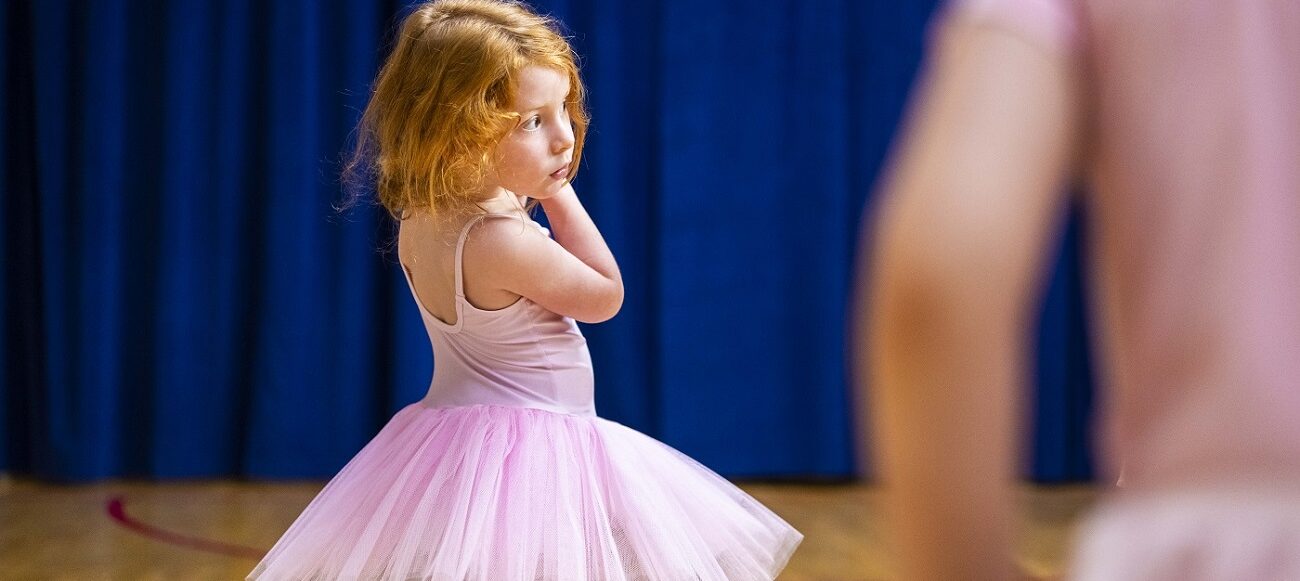

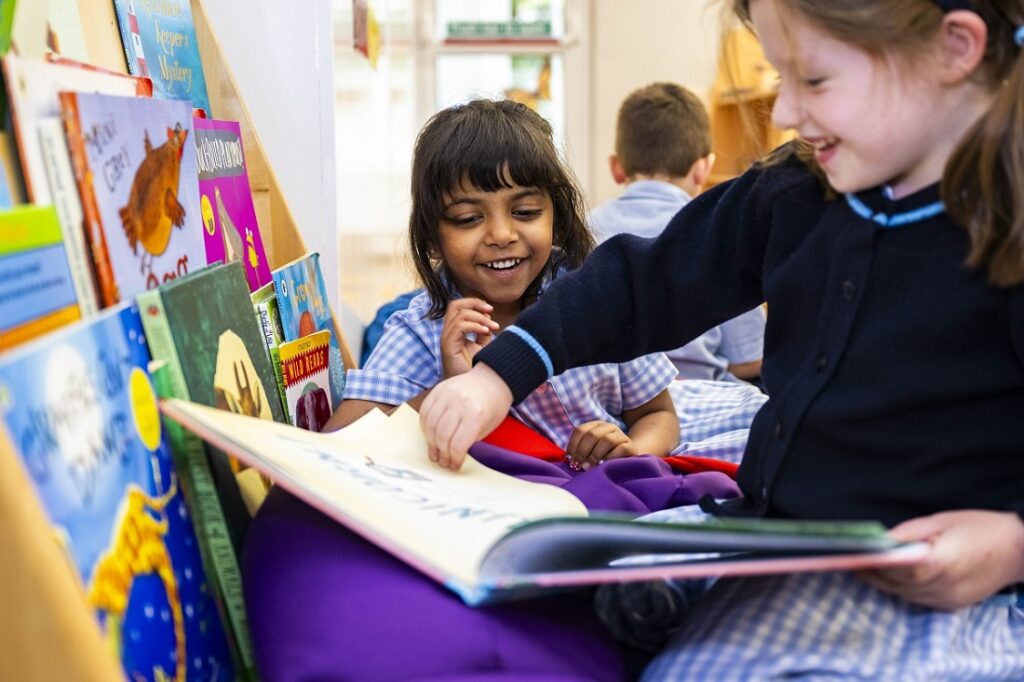
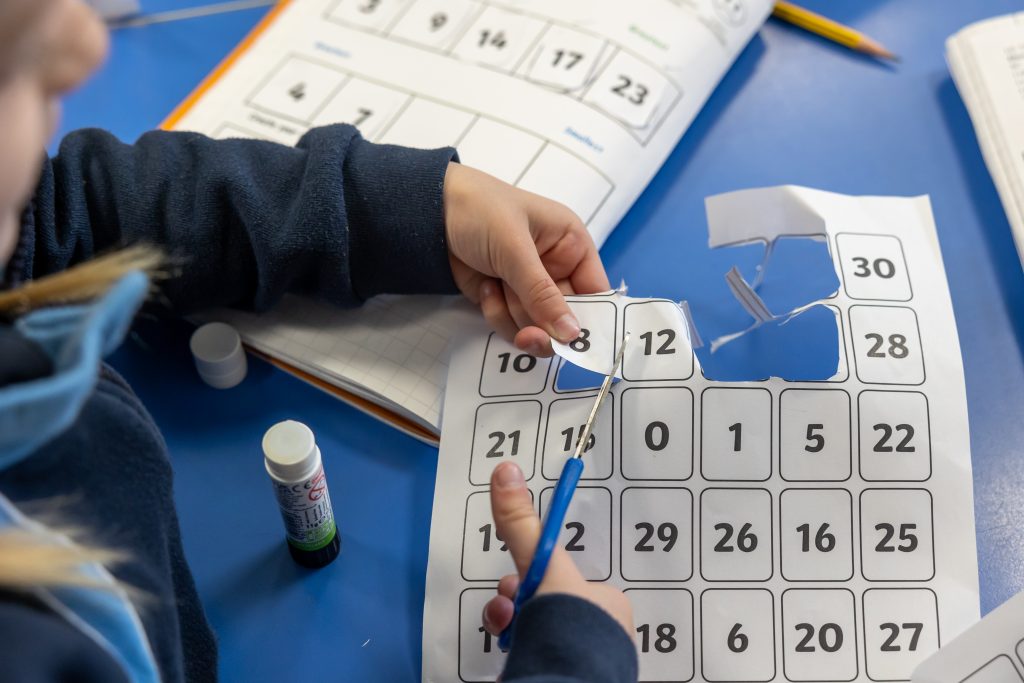
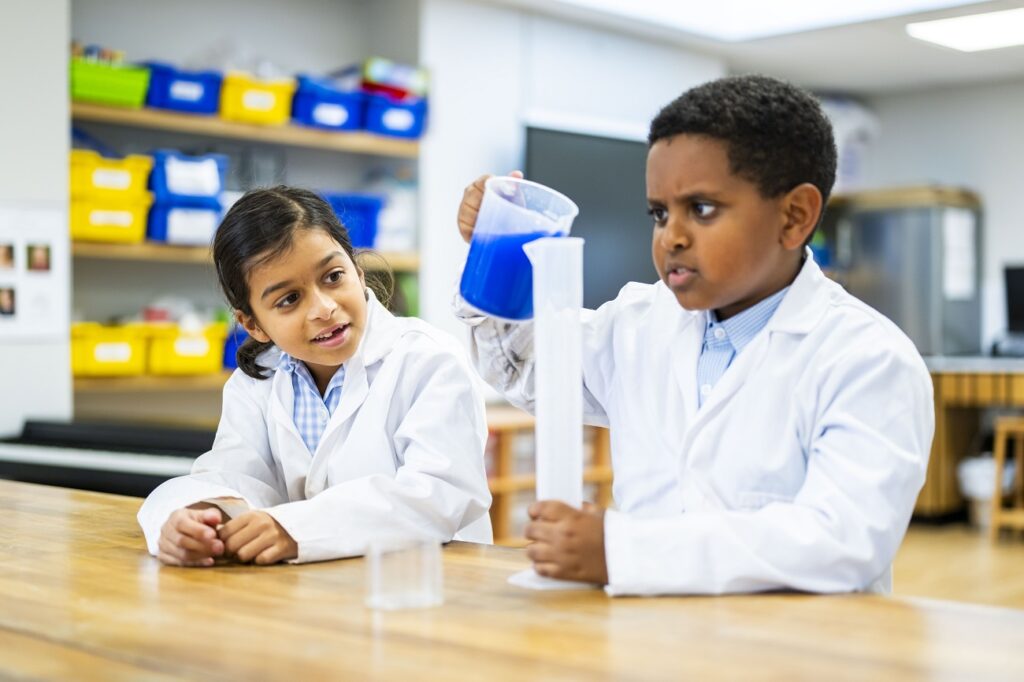
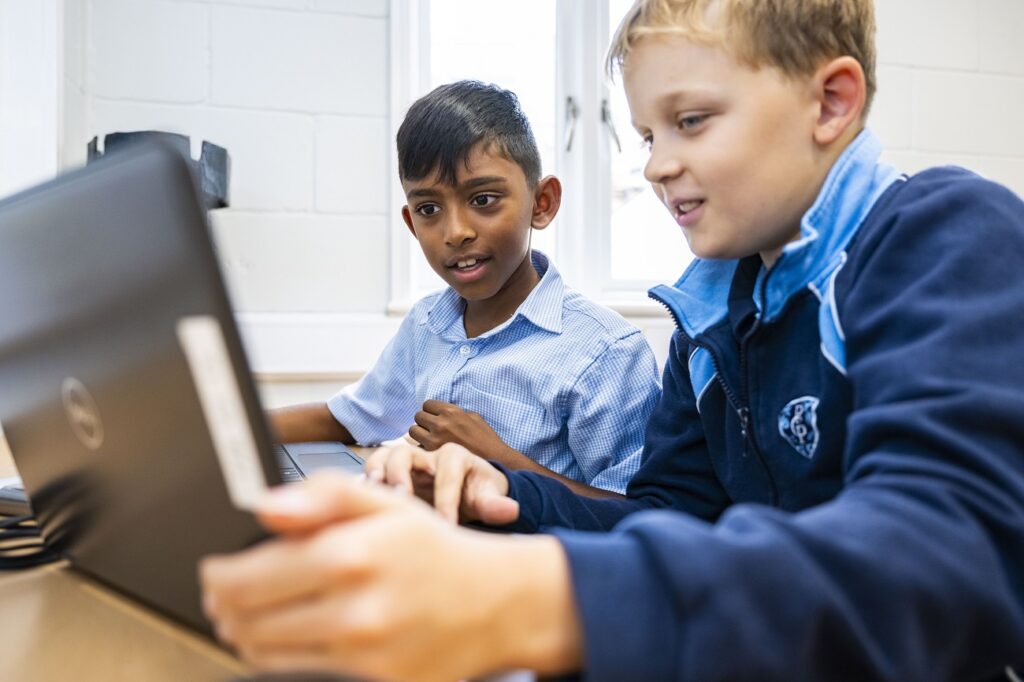
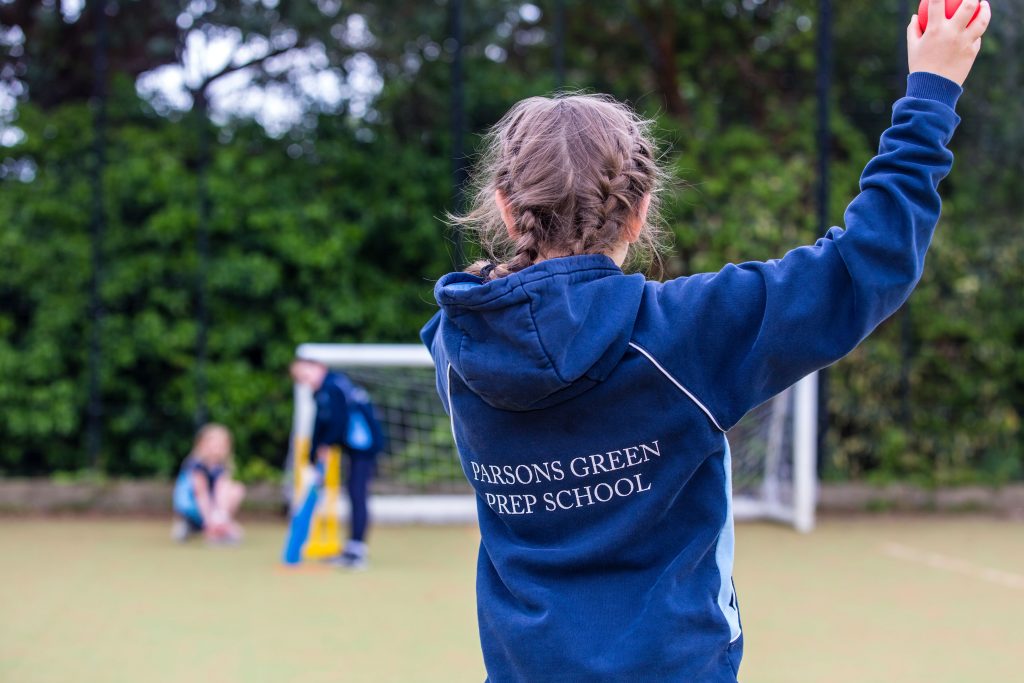
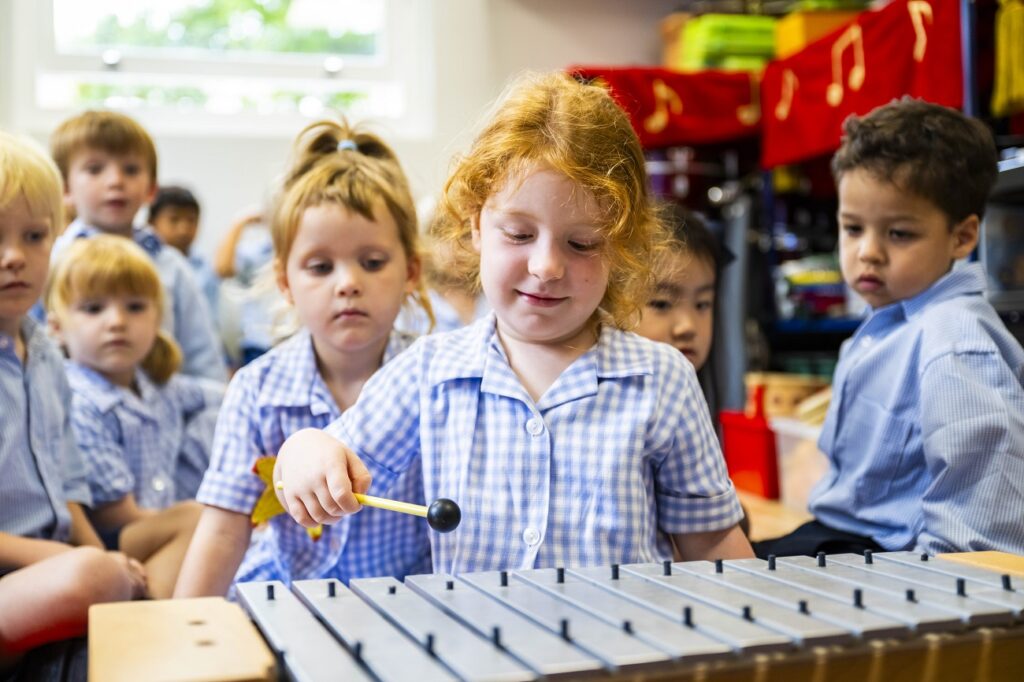
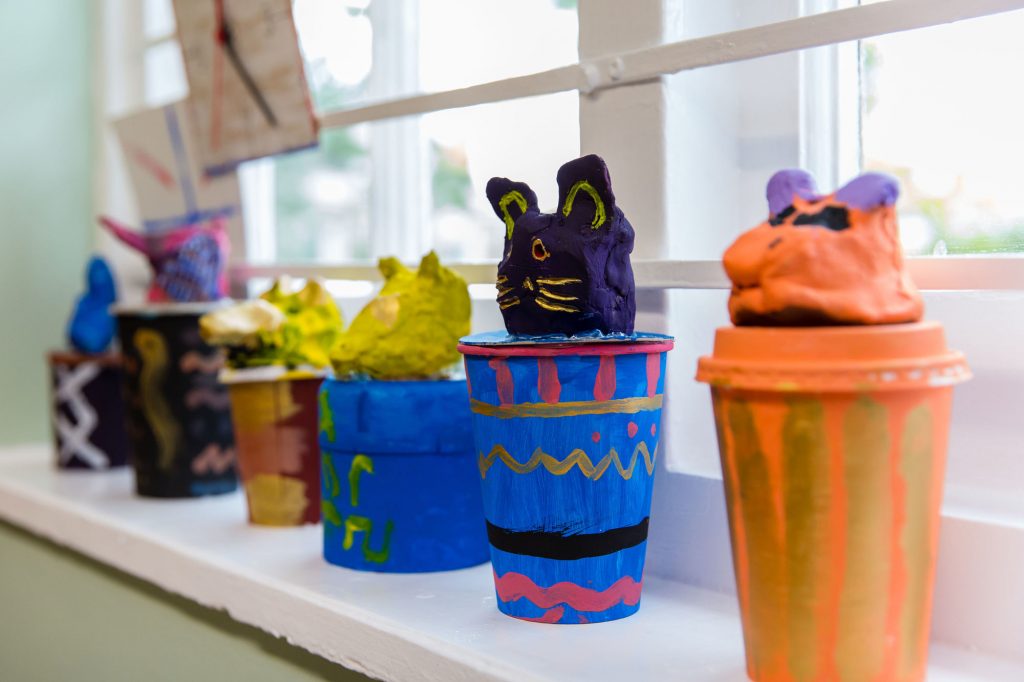
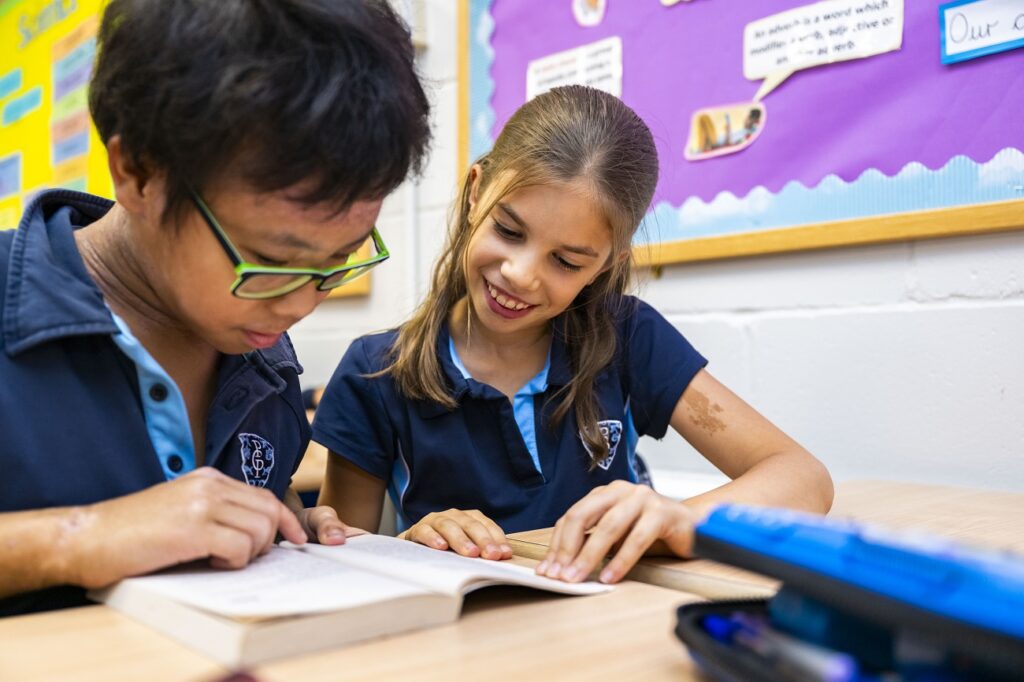
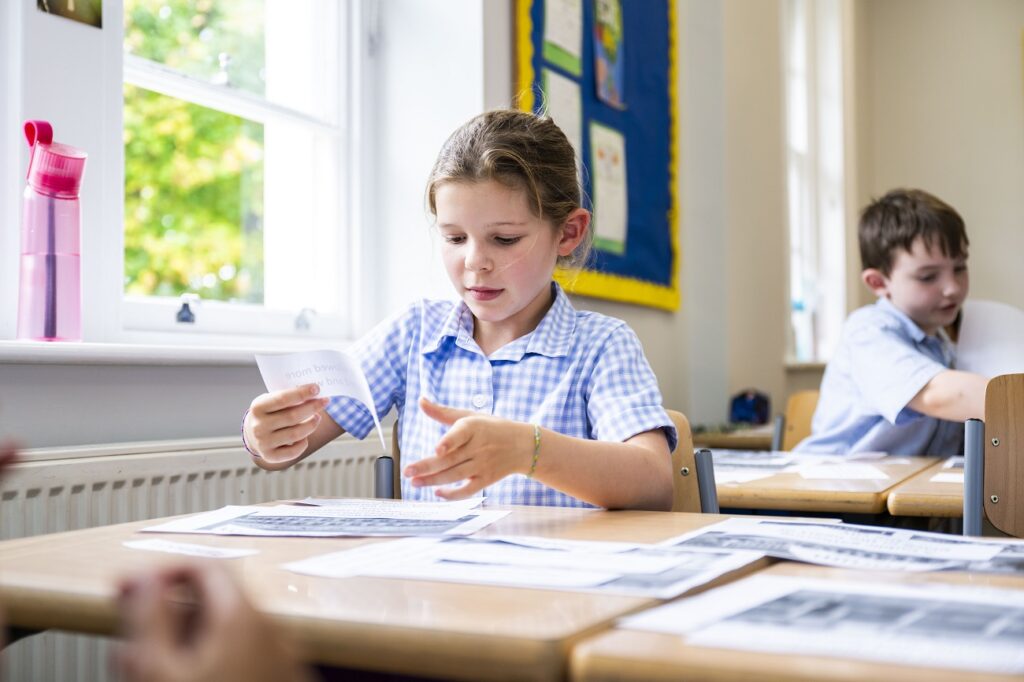
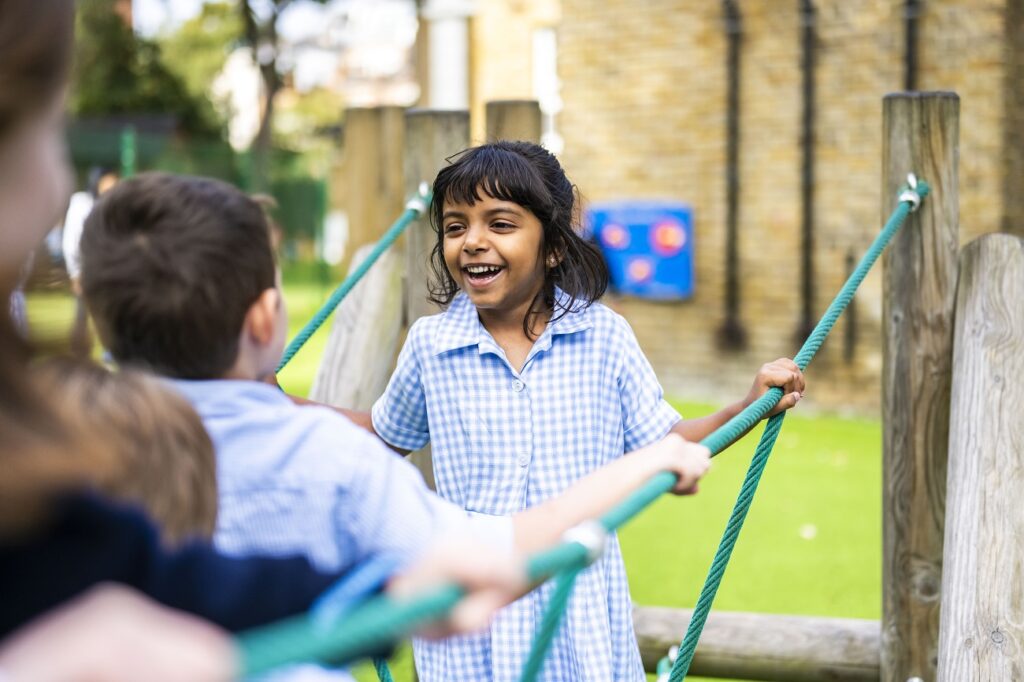
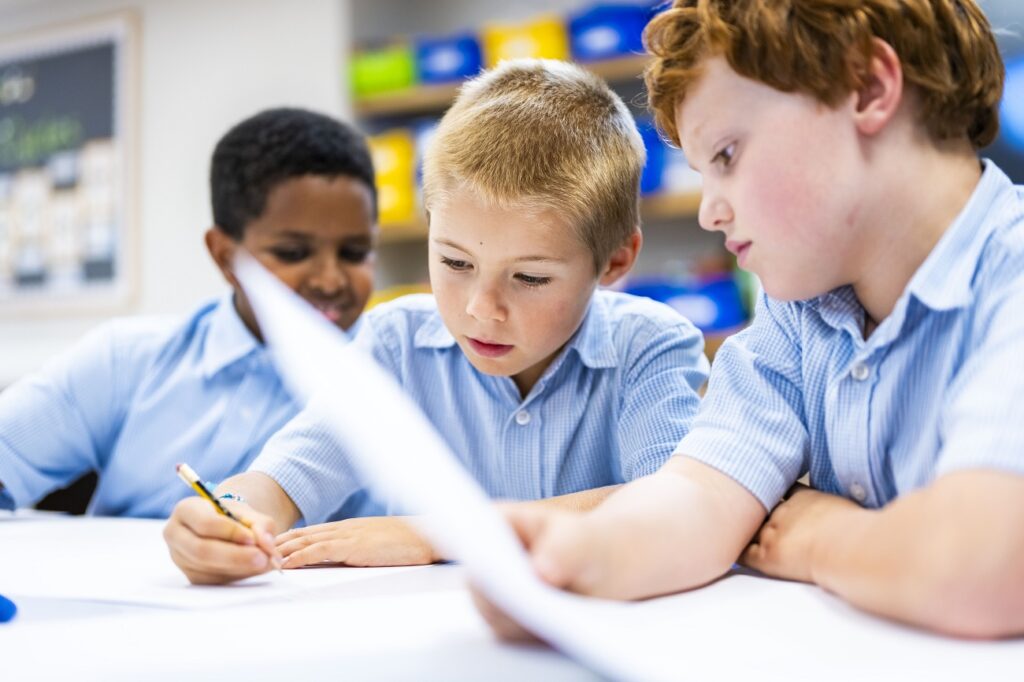

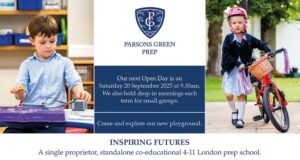
0 CommentsComment on Facebook